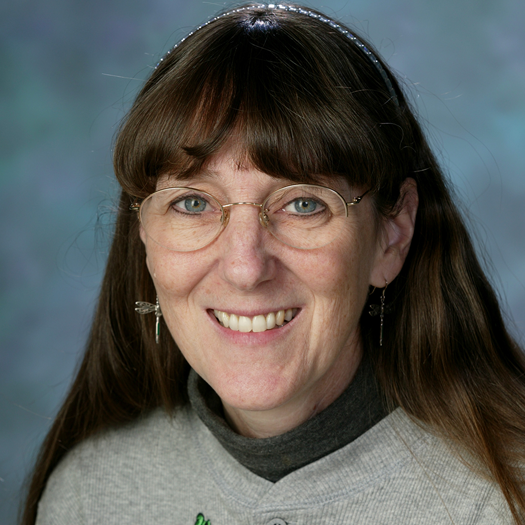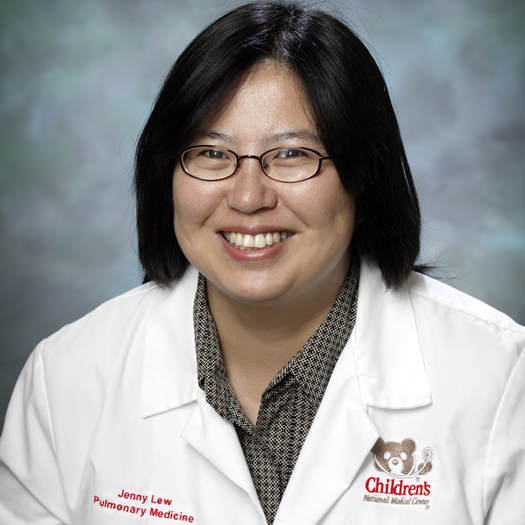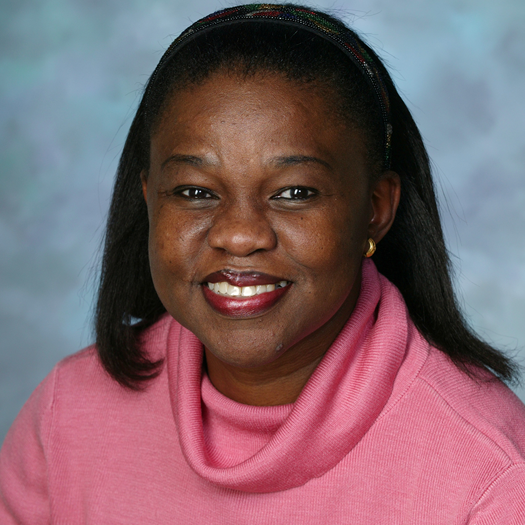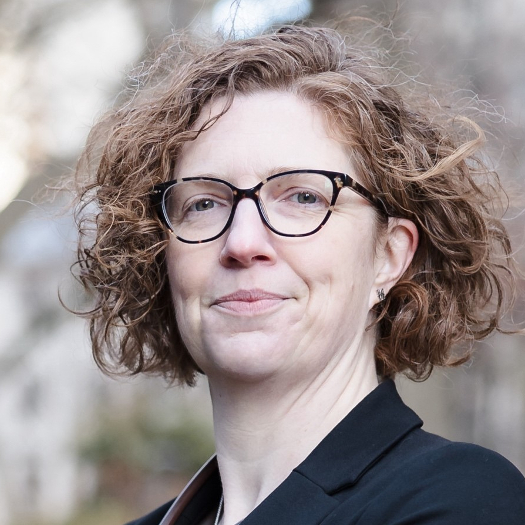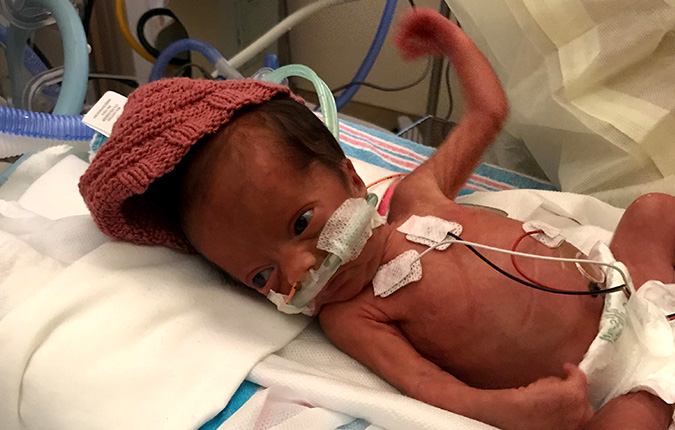Condition
Pediatric Cystic Fibrosis
Key points about cystic fibrosis
- Cystic fibrosis (CF) is an inherited disease characterized by an abnormality in the body's salt, water-making cells and mucus-making cells.
- Many children are diagnosed with CF before they show symptoms due to newborn screening programs that have been implemented.
- At the present time, there is no cure for CF; however, gene therapy research is being conducted.
- Treatment for your child could include: chest physical therapy, exercise, medication, digestive support and psychosocial care.
Frequently Asked Questions
What is cystic fibrosis (CF)?
Cystic fibrosis (CF) is an inherited disease characterized by an abnormality in the body's salt, water- and mucus-making cells. While it is a chronic, progressive disease, improved treatments have significantly extended life expectancy. Most people with CF live into their late 30s, and many even into their 50s or longer. Some CF patients are now able to live into their 70s.
Children with CF have an abnormality in the function of a cell protein called the cystic fibrosis transmembrane regulator (CFTR). CFTR controls the flow of water and certain salts in and out of the body's cells. As the movement of salt and water in and out of cells is altered, mucus becomes thickened. The thickened mucus can affect many organs and body systems including:
- Respiratory.This includes sinuses and lungs
- Digestive. This includes pancreas, liver, gallbladder and intestines
- Reproductive. Both men and women may experience reproductive problems
- Sweat glands
About 30,000 people in the U.S. are affected with the disease. It occurs predominantly in white people who have northern European heritage; however, it also occurs in Hispanics, African-Americans, Asian-Americans and Native Americans. More than 10 million people in the U.S. are carriers of the cystic fibrosis gene. These people are not affected by the disease, and usually do not know that they are carriers.
What are the symptoms of cystic fibrosis in children?
Many children today are diagnosed with cystic fibrosis (CF) before they have any symptoms. This is because of an increase in newborn screening programs. Before screening programs existed, most children with CF were diagnosed after one of the following:
- Respiratory symptoms. Most commonly cough, wheezing or breathing difficulty
- Meconium ileus. A thick and sticky first bowel movement of a baby that can block the small intestine
- Failure to thrive. Not gaining weight as is normal after birth
The following are the most common symptoms for CF. However, each child may experience symptoms differently. Symptoms also may depend on when your child is diagnosed.
Symptoms may include:
- Salty tasting skin
- Chronic respiratory symptoms like wheezing, cough and colored sputum
- Lung infections
- Poor growth
- Constipation
- Greasy and bulky stools
Other medical problems
These are other medical problems that may occur in some children with CF:
- Sinusitis or infection of the sinuses
- Nasal polyps or an abnormal growth out of the mucus membranes of the nose
- Clubbing of fingers and toes. This is a condition marked by the ends of the fingers and toes become enlarged. It occurs more often in the fingers
- Pneumothorax or collapsed lung. The presence of air or gas in the plural cavity causes the lung to collapse
- Hemoptysis, or coughing up blood
- Cor pulmonale. Right-sided heart failure from long-term high blood pressure in the lung arteries
- Abdominal pain
- Gas in the intestines
- Rectal prolapse or a protruding of the rectum out of the anus
- Liver disease
- Diabetes
- Pancreatitis. This is an inflammation of the pancreas, an organ that creates many hormones and enzymes the body needs to function properly
- Gallstones
- Congenital bilateral absence of the vas deferens in males
As stated above, the symptoms of CF differ for each child. Infants born with CF usually show symptoms within the first year. Some children, though, may not show symptoms until later in life. The following symptoms may indicate CF, and infants displaying these signs may be tested for CF:
- Diarrhea that doesn’t go away
- Foul-smelling stools
- Greasy stools
- Frequent episodes of wheezing
- Frequent episodes of pneumonia
- Persistent cough
- Skin tastes like salt
- Poor growth
- Chronic sinus infection
The symptoms of CF may resemble other conditions or medical problems. Always consult your child's doctor for a diagnosis.
How is cystic fibrosis diagnosed in children?
Newborns are screened for cystic fibrosis (CF) as part of each state's newborn screening program. If the results are positive, it does not mean your baby has cystic fibrosis. More tests are done as described below.
In addition to a full health history and physical exam, other tests for CF may include:
- Sweat (chloride) test. This test measures the amount of chloride in the sweat. It is done by placing a solution on the forearm (or the thigh, if your child is too small) and attaching electrodes. The skin is stimulated to sweat with a mild electric current. This does not cause pain or harm your child. The sweat is collected onto a gauze pad and checked. Higher than normal amounts of chloride may suggest CF. The sweat test is not painful. It often causes only minor discomfort.
- Genetic tests. Blood, or cells taken from a cheek scraping, can be tested for mutations in the CFTR gene.
Your child may also have these tests:
- Blood tests. These may include pancreatic function tests.
- Chest X-rays. This test uses invisible electromagnetic energy beams to makes images of internal tissues, bones and organs onto film.
- Pulmonary function tests. These tests help measure the lungs' ability to exchange oxygen and carbon dioxide correctly. They are often done with special machines that a child must breathe into.
- Sputum cultures. This test is done on the material that is coughed up from the lungs and into the mouth. A sputum culture is often done to find out if an infection is present.
- Stool evaluations. These are done to measure the amount of fat in a stool sample. Too much fat may mean the digestive system is not working correctly.
What treatments are available for cystic fibrosis in children?
Specific treatment for cystic fibrosis (CF) will be determined by your child's doctor based on:
- Your child's age, overall health and medical history
- Extent of the disease (body systems affected)
- Your child's tolerance for specific medications, procedures or therapies
At the present time, there is no cure for CF. However, research in gene therapy is being done. The gene that causes CF has been identified, and this may lead to an increased understanding of the disease. Gene therapy research hopes to eventually cure, prevent or slow progression of the disease. Goals of treatment are to ease severity of symptoms and slow the progress of the disease. Treatment may include:
- Management of problems that cause lung obstruction, which may involve:
- Chest physical therapy. This is to help loosen and clear lung secretions, which may include postural drainage and devices, such as a percussor or flutter, which vibrate the chest wall and loosen secretions. Chest physical therapy can be done manually or mechanically, with a vest
- Exercise. This can help loosen mucus, stimulate coughing and improve overall physical condition
- Medications, such as bronchodilators and anti-inflammatories. These are used to decrease inflammation, reduce mucus, draw water into the lungs to loosen mucus and help breathing
- Antibiotics. These are used to treat infections
- Management of digestive problems, which may involve:
- Appropriate diet
- Pancreatic enzymes to aid digestion
- Vitamin supplements
- Treatments for intestinal obstructions
- Psychosocial support. This can provide help in dealing with issues such as coping, independence, infertility and sexuality, financial issues and relationships
As lung disease progresses to end stage, other medical options include lung transplantation. The type of transplant done is usually a double lung transplant, because leaving the other, sicker lung in place puts it at risk for infection and damage. Not everyone is a candidate for a lung transplant. Consult your child's doctor for more information.
With medical and psychosocial support, many children and adolescents with CF can cope well and lead a productive life.
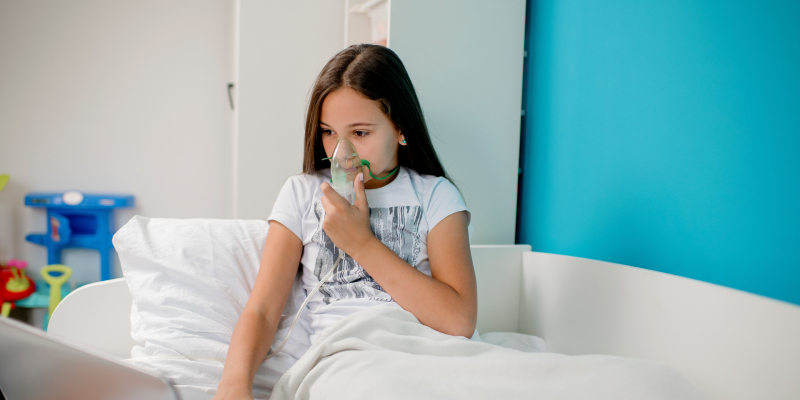
Cystic Fibrosis Treatment at Children's National Hospital
The Cystic Fibrosis Center at Children's National is a Level III CF center and a Cystic Fibrosis Foundation-designated care center that provides advanced pediatric and adult care for patients with cystic fibrosis. Discover more about the treatment we offer.

Providers Who Treat Cystic Fibrosis
Hollis R. Chaney, MD
Locations
Departments
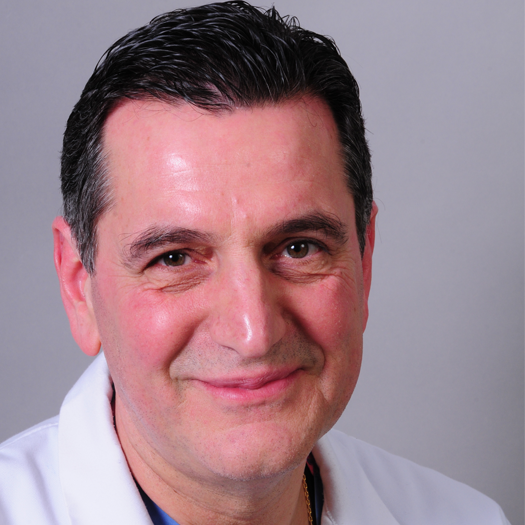
Anastassios C. Koumbourlis, MD, MPH
- Division Chief, Pulmonary and Sleep Medicine
- Director, Cystic Fibrosis Center
Anastassios C. Koumbourlis, MD, MPH
Locations
Departments
Jenny Pan Lew, MD
Locations
Departments
Louise Clare Pyle, MD, PhD
Locations
Departments
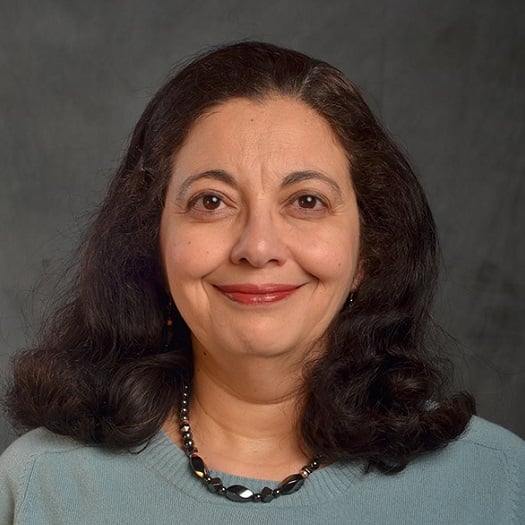
Iman R. Sami Zakhari, MD
- Director, Pediatric Pulmonary Fellowship Program
- Pulmonologist
- Sleep Medicine Specialist
Iman R. Sami Zakhari, MD
Locations
Departments

Michael Tsifansky, MD
- Medical Director, Advanced Lung Disease and Transplant Program
- Cardiac Critical Care Specialist
- Pulmonologist
Michael Tsifansky, MD
Locations
Departments
Jul 22, 2024
Helping Maddie to Live Life to the FullestMaddie is a lively, creative teen who loves to act. Research at Children's National Hospital helps to ensure that her rare disease doesn"t upstage her big theater plans or her love of life.
Jun 27, 2024
Convenient Care for CharlotteWhen Charlotte was a toddler, a respiratory illness led to a diagnosis of a rare and dangerous immune deficiency called ICF syndrome. A bone marrow transplant at age 5 at Children’s National helped save her life.
May 20, 2024
Omid Conquers Fear with MusicOmid never liked going to the dentist. Dr. Aleger changed that with a little trust, and his favorite tunes.
The 7 Departments that Treat Cystic Fibrosis
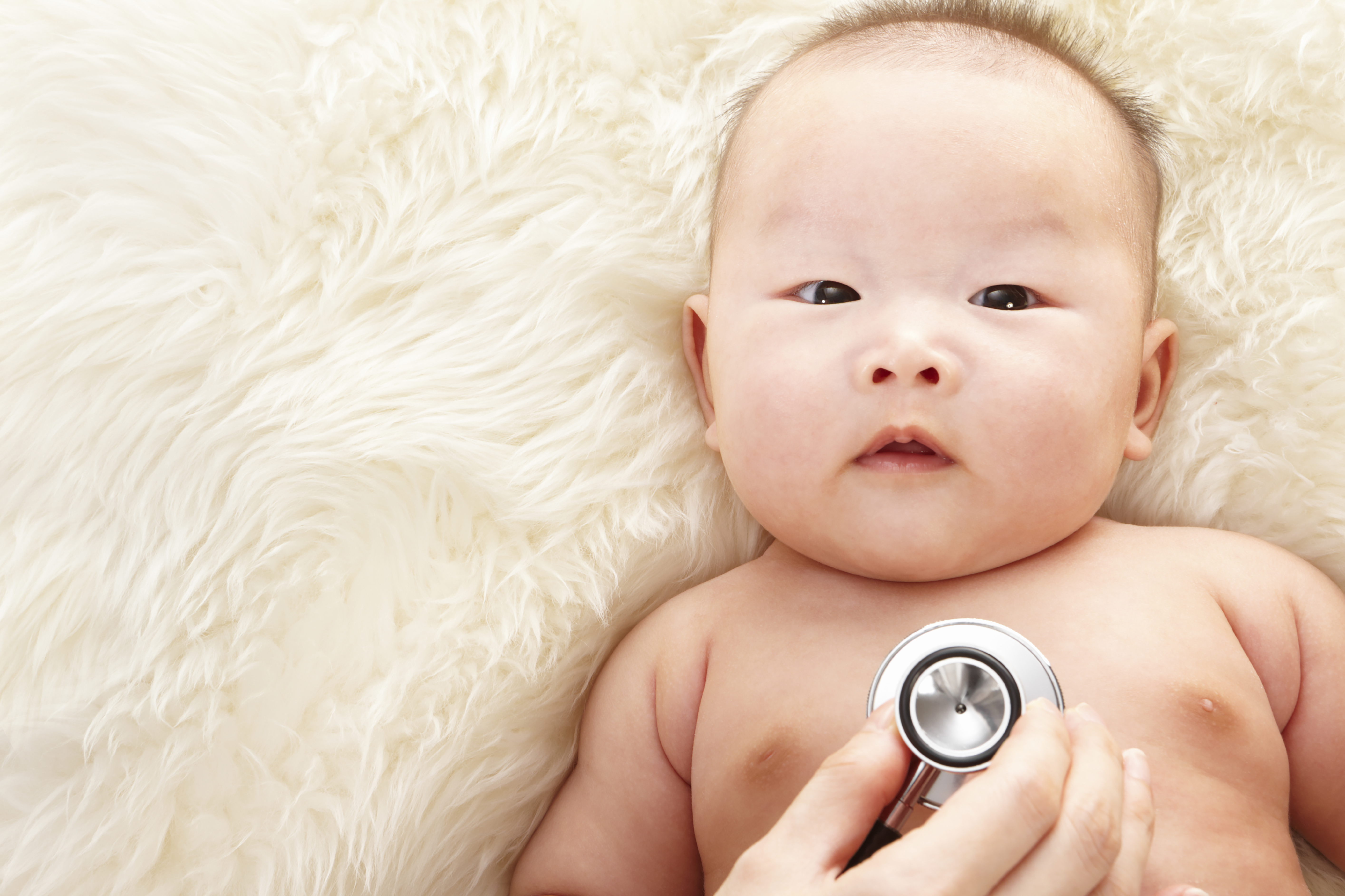
Prenatal Pediatrics Institute
The Prenatal Pediatrics Institute at Children’s National Hospital in Washington, D.C., provides specialized care for babies during pregnancy, delivery and after birth.
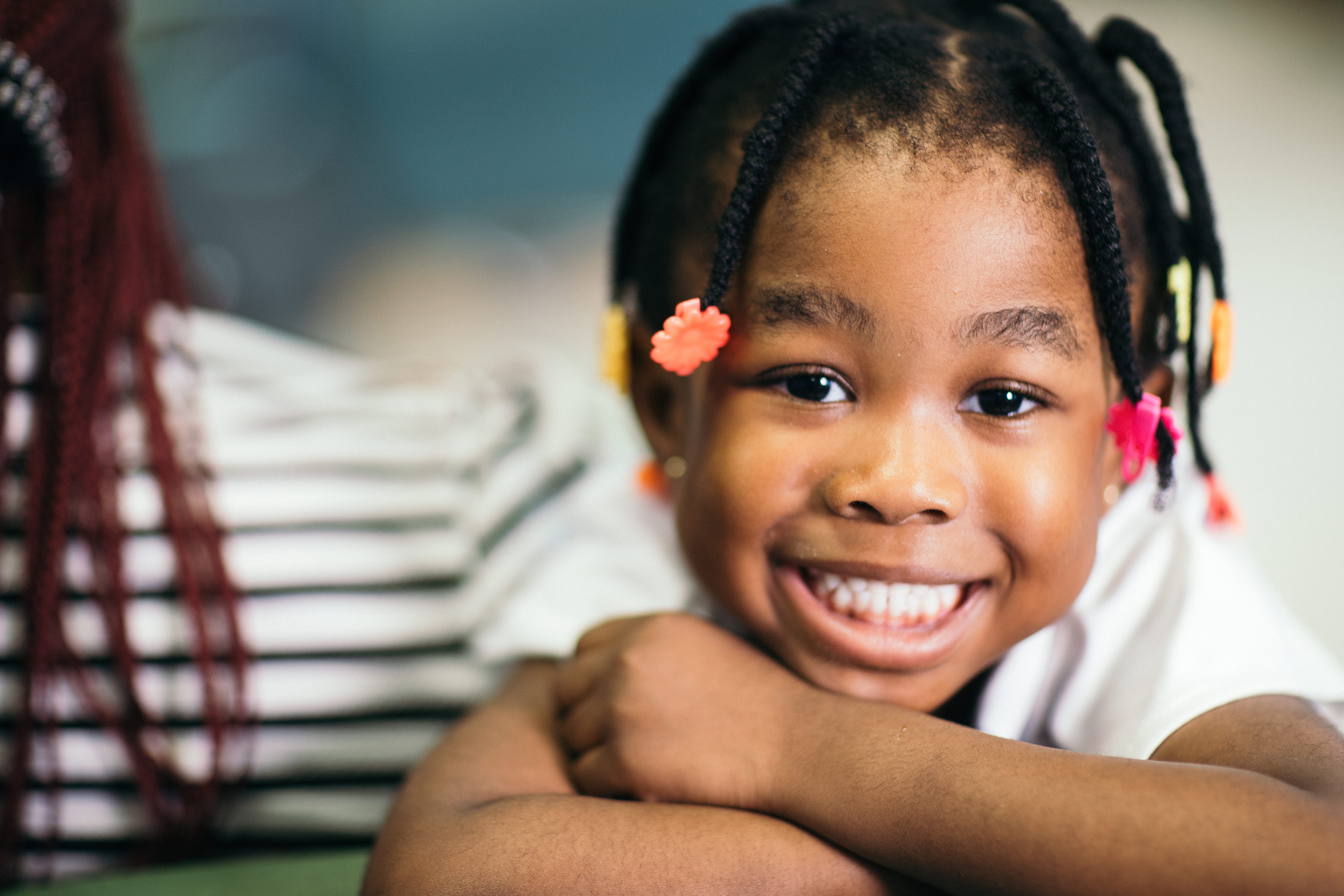
Pre-Operative Care Clinic
When your child is having surgery at Children’s National Hospital, the Pre-Operative Care Clinic’s (POCC) team of pediatric professionals screens patients for surgery and creates a specific care plan for each patient.
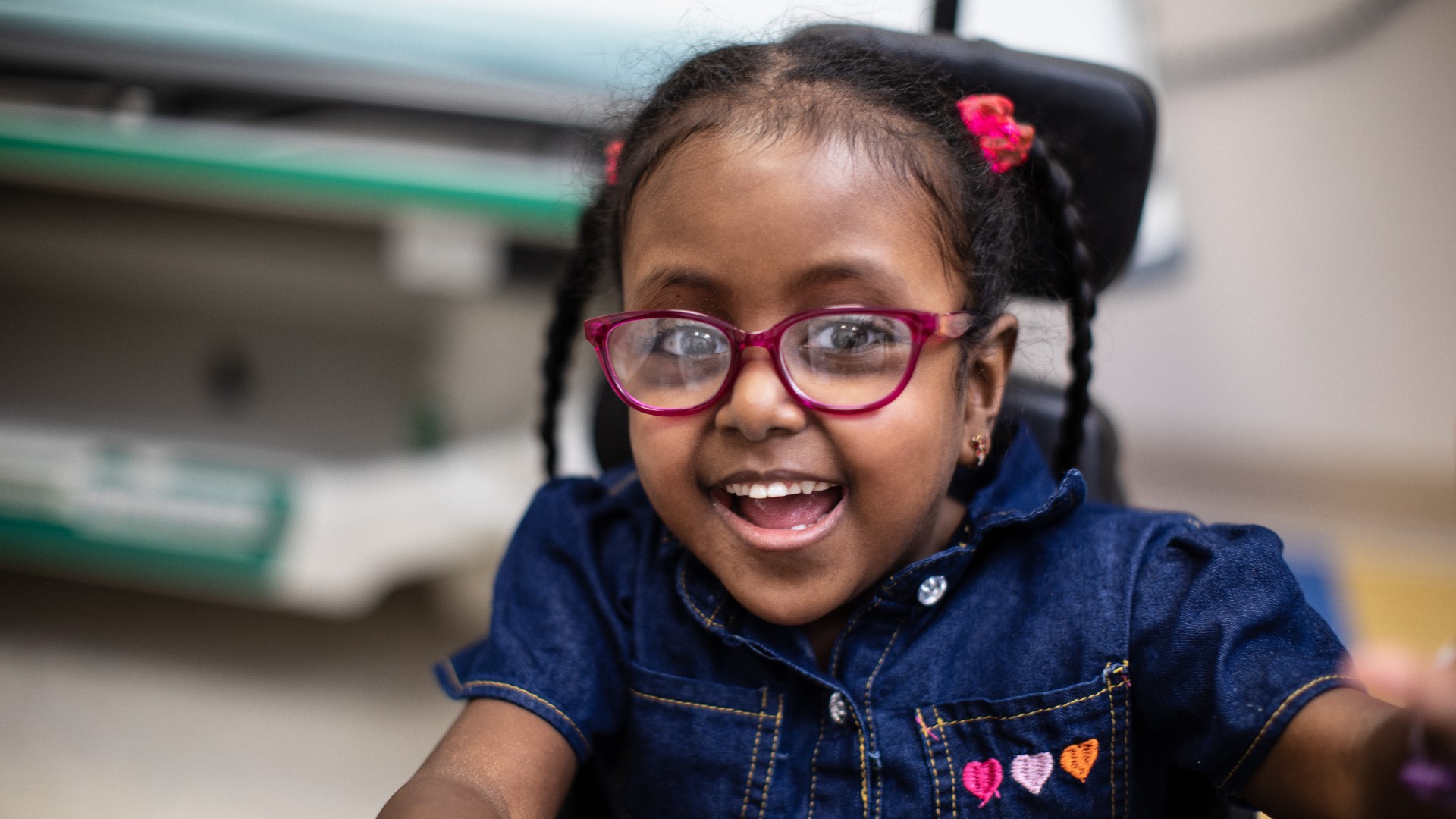
Pulmonary Medicine
Children’s National is ranked by U.S. News & World Report as one of the nation’s best pediatric hospitals for pulmonology and lung surgery because of our expertise in the field, and the quality of care provided to patients and their families.

Respiratory Care Services
A dedicated team of nearly 100 professionals provides respiratory care services around the clock for outpatients and inpatients at Children's National Hospital. Our therapists excel in the field for their technical knowledge as well as their expertise in working with kids.

Oncology
Our oncology (cancer) team provides personalized treatment plans for children with cancer, including access to clinical trials.
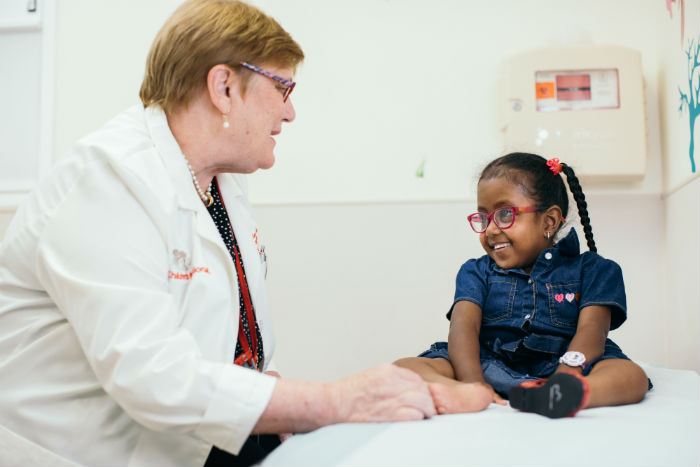
Bone Health Program - QA
Orthopaedists at Children’s National offer world-renowned expertise and life-changing care, including surgery, for children at high risk for bone fracture.

Histiocyte Disorders Program
Experts in the Histiocyte Disorders Program care for patients with a variety of rare conditions that happen when there are too many white blood cells in your child’s blood.
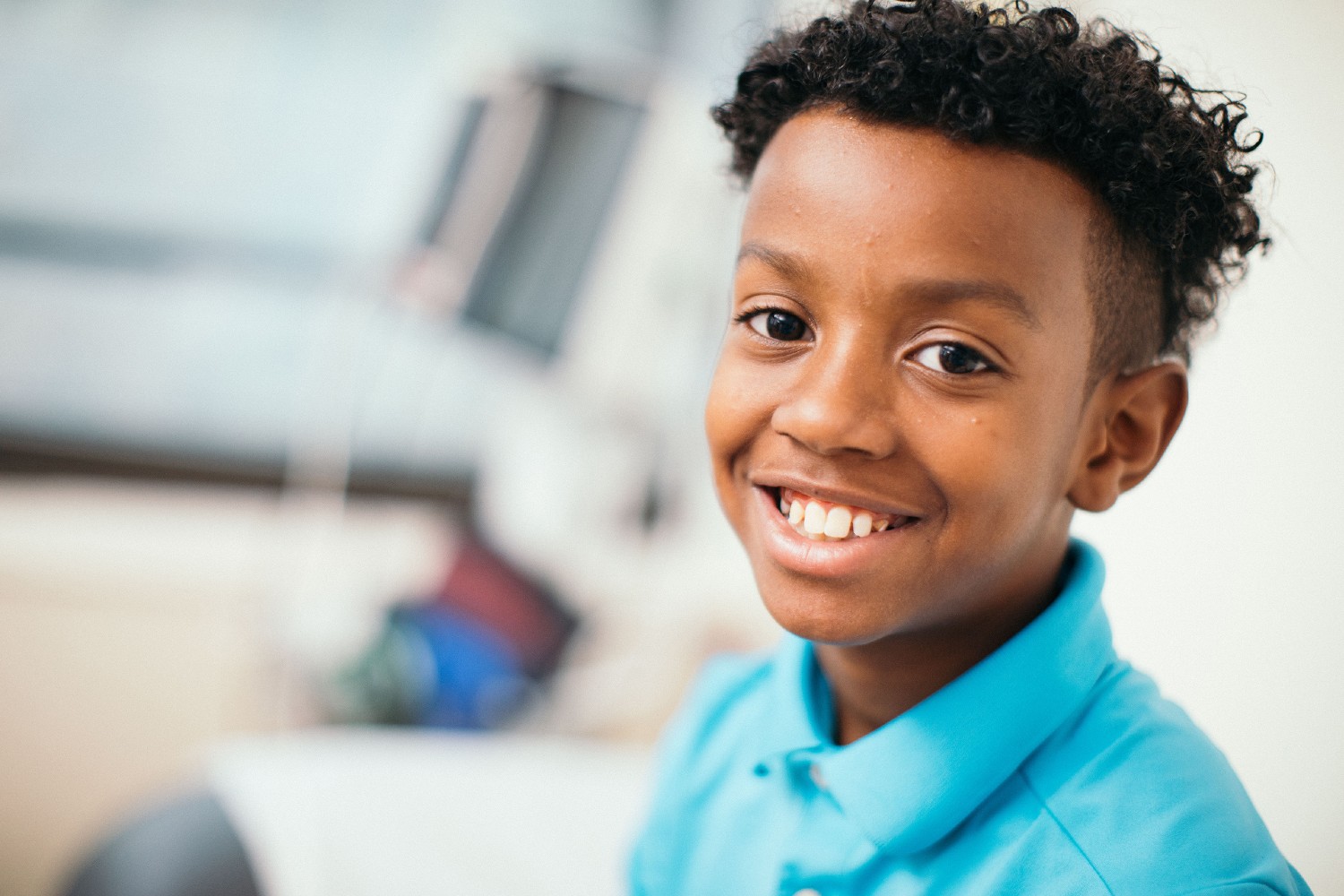
Cystic Fibrosis Center
Children’s National's Cystic Fibrosis (CF) Center offers a multidisciplinary team of specialists who see to all aspects of care for inpatients and outpatients of all ages with CF.





